Description
How does caffeine work?
Caffeine acts on the central nervous system playing a role in alertness when tiredness occurs.
Is caffeine addictive?
Many people consume caffeine everyday as part of their diet and it can cause mild physical dependence. If you’re used to drinking two cups of coffee a day and you give it up, you may experience some mild withdrawal symptoms, such as a headache or fatigue, for a couple of days1.
How much caffeine can I have?
The maximum recommended caffeine intake per day is 400mg, from all sources.
Side Effects
• Insomnia, nervousness, irritability or anxiety.
• Headache.
• Tinnitus (ringing in the ears).
• Stomach complaints (e.g. nausea, vomiting and diarrhoea).
• An increased need to pass water.
• Palpitations or changes in heartbeat.
• Rapid breathing.
• Tremor.
See patient information leaflet for more details.
Ingredients
The active ingredient is caffeine (50mg per tablet). The other ingredients are sorbitol and magnesium stearate. Pro Plus Caffeine Tablets are sugar free.
CAFFEINE IN YOUR COFFEE
The amount of caffeine in a cup of tea or coffee depends on how enthusiastic you are with the teaspoons, but you can use this table as a guide:
| Food |
Amount* |
Caffeine content |
| Filter coffee |
100 ml |
50 – 100 mg |
| Instant coffee |
100 ml |
20 – 73 mg |
| Tea |
100 ml |
20 – 73 mg |
| Cola drink |
100 ml |
Up to 20 mg |
| Energy Drink |
250 ml |
80 mg |
| Chocolate |
100 g |
5 -20 mg |
| Pro Plus Caffeine Tablets |
1 tablet |
50 mg |
| Pro Plus Ultra |
1 capsule |
100 mg |
* 100ml is equivalent to about 1 small cup of fluid

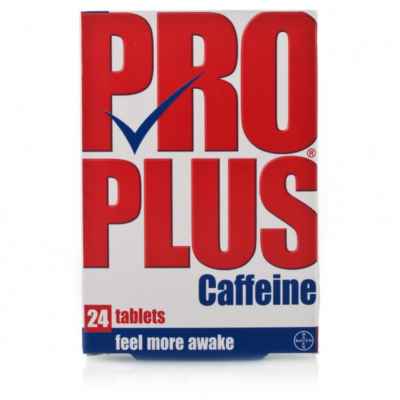

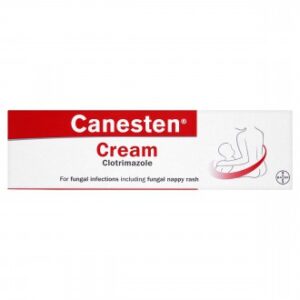
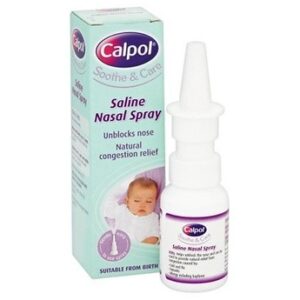
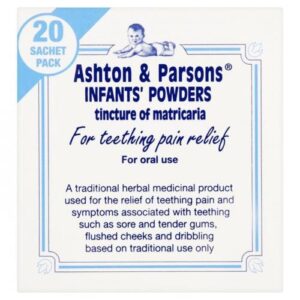
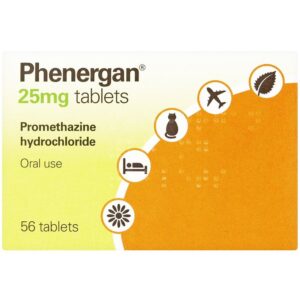
Reviews
There are no reviews yet.